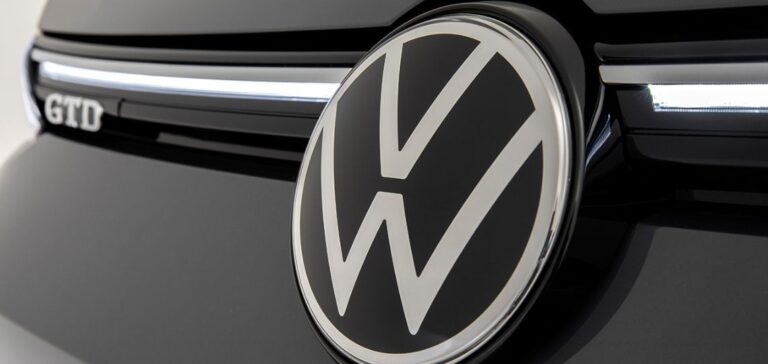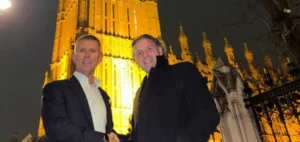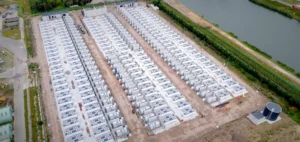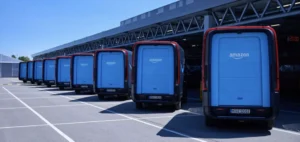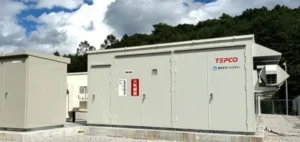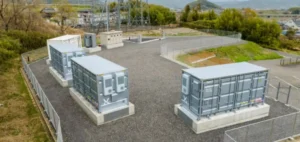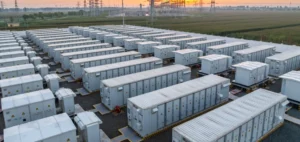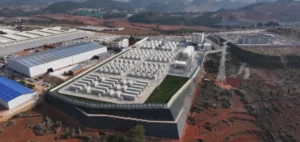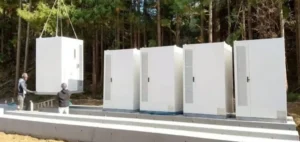German carmaker Volkswagen is experimenting with a new use for electric vehicle batteries by entering the electricity market, it announced on Wednesday.
Power exchange: Volkswagen pioneers trading on EPEX Spot with EV batteries
Europe’s number one automaker and its subsidiary Elli, which manages the group’s recharging services, “are the first automotive company to start trading today on the German electricity market of Europe’s largest power exchange, EPEX Spot”, says a statement.
At a dedicated center in Kassel, central Germany, electric vehicle batteries will be used to temporarily store electricity, which will then be offered on the trading platform, explains the group. So, when electricity prices are low and there’s plenty of wind and solar power available, electricity will be purchased and charged into the batteries.
When prices are high and supply is scarce, electricity is sold and fed back into the grid. To store this current, 28 battery systems and 38 cell modules from Volkswagen’s E-Up small electric city car will be used initially.
The idea is to use “the growing storage capacities of electric cars and batteries in the energy system and thus contribute to the energy transition”, explains Volkswagen.
Electricity Exchange: Innovation in energy storage by manufacturers
The intermediate storage of renewable energies is seen as a crucial issue in the transition to greener energy. Other carmakers are already using used batteries for stationary electricity storage. In 2017, BMW commissioned a “storage farm” in Leipzig with up to 700 BMW i3 batteries to temporarily store energy from four of its own wind turbines. Since the end of 2021, VW-owned Audi has been using used lithium-ion batteries in its fast-charging stations.


